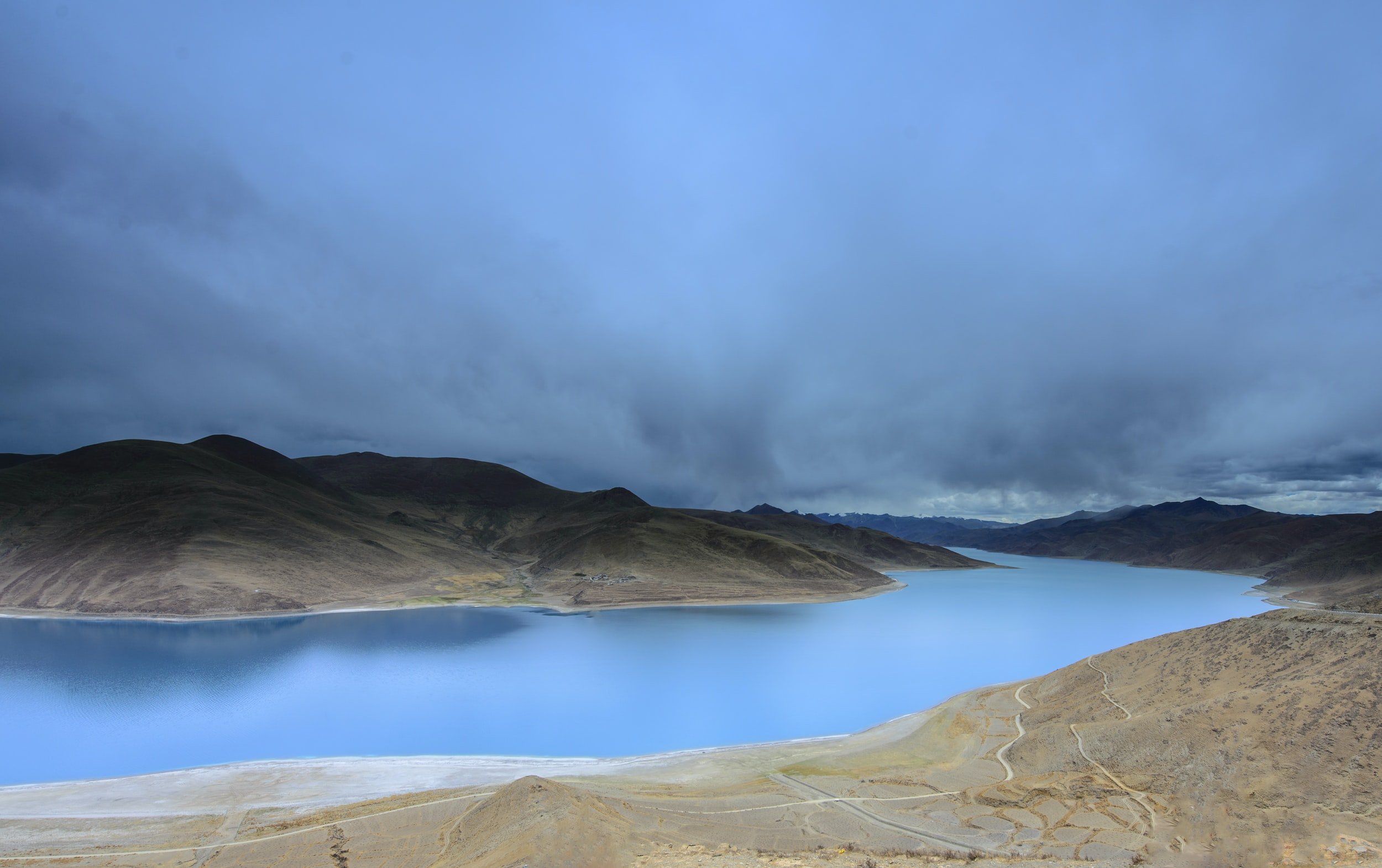
About the Lab
Management and governance of water at all scales requires effective cooperation.
We interact with water daily; it is embedded in all the products we consume and use. Water is vital for agriculture, transport, energy, and health, among other areas. Yet, water is not just a physical resource or a molecule of two hydrogens and one oxygen. Freshwater is defined, understood, and managed by our perceptions and relationships with it. This makes managing and governing water resources a challenging task.
Further complexities arise when water crosses boundaries, whether political, cultural, or sectoral. Effective and sound management and governance of water at all scales require effective cooperation, institutional and human capacity, as well as the processes and the relationships to support.
The Shared Waters Lab (SWL) works at this intersection to explore the complexities of managing, governing, and cooperating over freshwater resources that transect (or define) boundaries. The lab conducts mixed methods research utilizing a range of tools, including policy and event analysis, geospatial visualization, qualitative coding, and interviews.
SWL is directed by Melissa McCracken, Assistant Professor of International Environmental Policy at The Fletcher School, and is based in the school’s Center for International Environment and Resource Policy (CIERP).
Lab Goals
Our goal is to promote and encourage effective cooperative processes over shared waters that enhance sustainability and equity among users. We do this through:
-
Research into how scale, place, and context affect transboundary water cooperation
-
Collaborations with scholars, academics, and practitioners globally
-
Tangible and applied publications, outcomes, and resources
